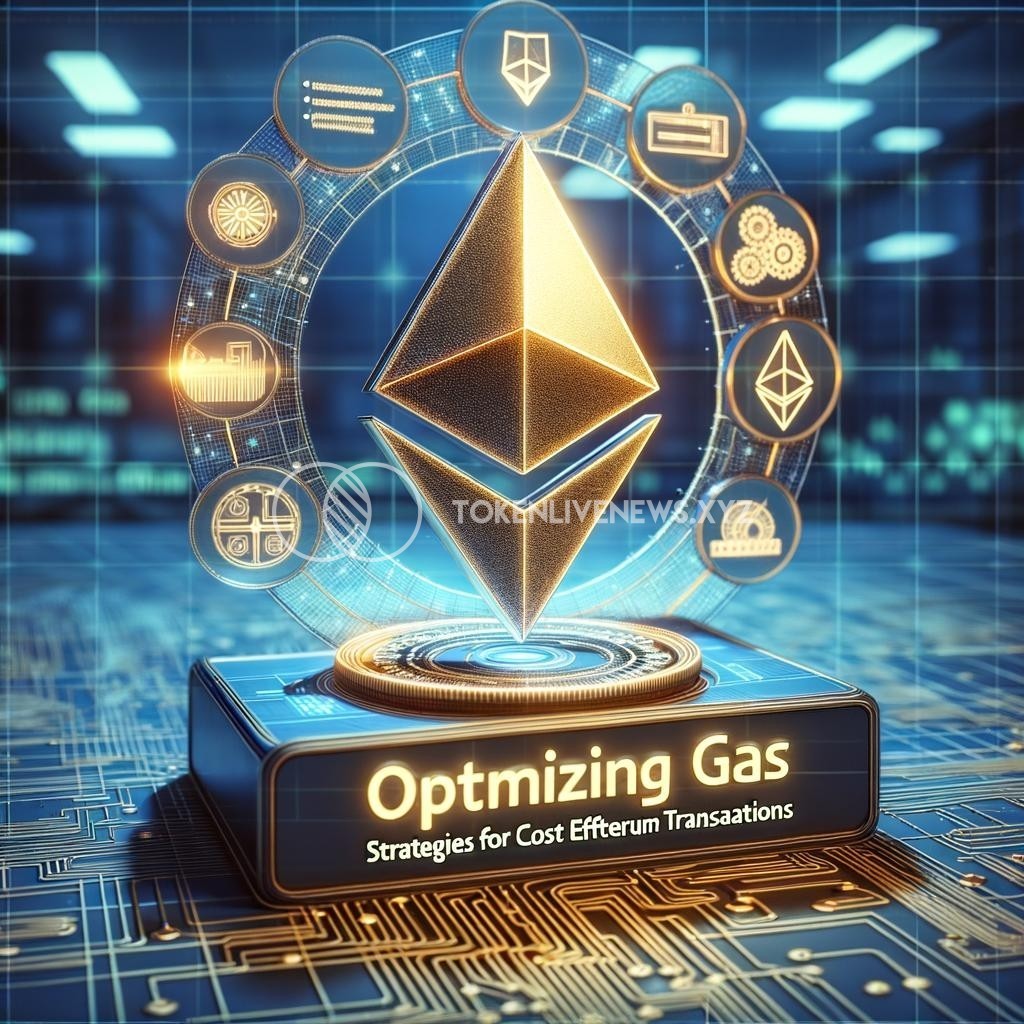Optimizing Gas: Strategies for Cost-Effective Ethereum Transactions
Introduction:
As Ethereum continues to gain popularity, so does the need for efficient and cost-effective transactions on its blockchain. Gas, the unit of measurement for computational effort in Ethereum, plays a crucial role in determining the transaction fees and processing times. To ensure optimal efficiency and minimize costs, it is essential to employ various strategies for gas optimization. In this article, we will delve into some proven techniques to help you optimize gas and achieve cost-effective Ethereum transactions.
- Smart Contract Optimization:
Carefully analyzing and optimizing smart contracts is paramount to minimizing gas consumption. Simple coding techniques, such as using uint256 instead of uint8 for large numbers or utilizing integer arithmetic instead of floating-point operations, can significantly reduce gas costs. Additionally, avoiding redundant calculations, using efficient data structures, and reducing contract size can help optimize gas consumption.
- Gas Price Monitoring:
Keeping a close eye on gas prices is crucial to determine the most cost-effective time to execute Ethereum transactions. Gas prices fluctuate based on network congestion, demand, and price competition. Leveraging tools and websites that provide real-time gas price data allows you to identify periods of low gas prices, ensuring you execute your transactions at the most opportune times.
- Gas Limit Adjustment:
The gas limit defines the maximum amount of gas a transaction is allowed to consume. Setting the gas limit too high can result in unnecessary gas fees, while setting it too low may cause the transaction to fail. By accurately estimating the gas requirements for your transactions and adjusting the gas limit accordingly, you can avoid unnecessary expenses and ensure swift confirmations of your transactions.
- Batch Transactions:
Batching multiple transactions together can help reduce gas costs by minimizing the overhead associated with individual transactions. By bundling several transactions that share similar characteristics into a single transaction, you can optimize gas usage, potentially resulting in significant cost savings.
- Gas-Efficient Functions and Libraries:
Leveraging gas-efficient functions and libraries can greatly enhance gas optimization. Standard libraries, such as OpenZeppelin, provide optimized functions for common tasks, reducing the overall gas cost for executing those operations. Utilizing these libraries and implementing gas-efficient functions can be instrumental in achieving cost-effective Ethereum transactions.
- Smart Contract Interactions:
Minimizing the number of interactions with smart contracts is key to optimizing gas usage. Every interaction incurs additional gas costs, therefore consolidating multiple interactions into a single transaction or reducing unnecessary interactions can result in substantial savings. Additionally, utilizing Ethereum’s event-driven architecture can help minimize direct interactions, improving gas efficiency.
Conclusion:
Optimizing gas usage is crucial for anyone looking to achieve cost-effective Ethereum transactions. Implementing strategies like smart contract optimization, gas price monitoring, gas limit adjustment, batch transactions, utilizing gas-efficient functions and libraries, and minimizing smart contract interactions can significantly reduce gas costs and enhance the overall efficiency of your Ethereum transactions. By employing these techniques, you can optimize gas usage, save on transaction fees, and enjoy faster and more economical transactions on the Ethereum blockchain.







